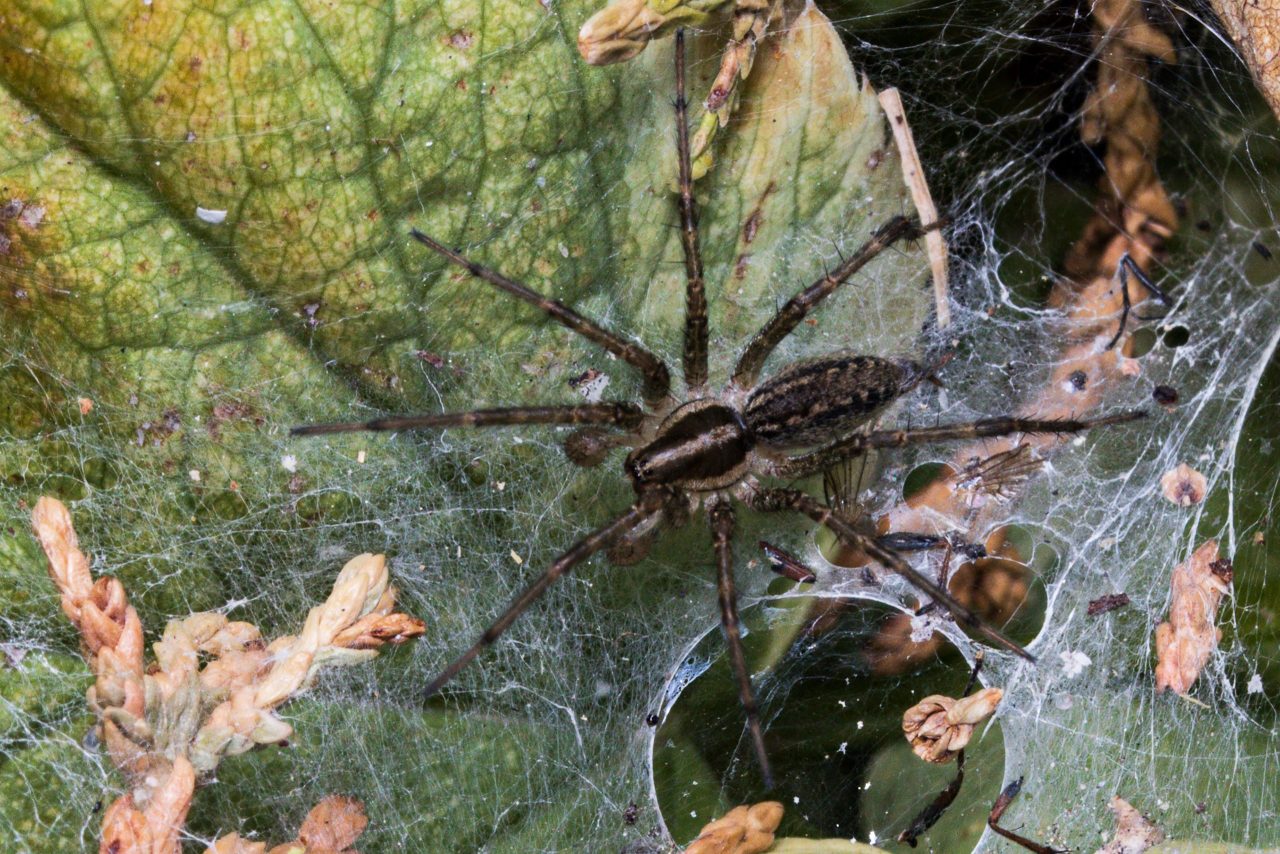How a Spider Can Be Your Unexpected Ally Against Bedbugs
With bedbugs making headlines across Europe as unwelcome houseguests, homeowners are exploring every possible solution to keep these persistent pests at bay. While professional pest control is often the go-to option, nature offers its own allies—hunting spiders. Certain species, such as wolf spiders and cellar spiders, can play a surprising role in helping manage bedbug populations.
Let’s take a closer look at how these tiny predators can become part of your pest control strategy.
1. Natural Predators with a Taste for Bedbugs
Hunting spiders are born hunters. Unlike web-building spiders that wait passively for prey, these active predators roam in search of insects to feast on. Bedbugs, with their soft bodies and relatively small size, can become an easy target for hunting spiders, making them valuable allies in pest control.
2. Always on the Move: Active Hunters
Unlike chemical treatments that require careful application, hunting spiders are constantly on the move, seeking out prey in hidden corners where bedbugs often reside. Their ability to navigate tight spaces and detect prey means they can target areas you might overlook.
3. A Broad and Beneficial Diet
Hunting spiders aren’t picky eaters. Their broad diet includes a variety of household pests, from bedbugs to cockroaches, flies, and moths. By introducing or encouraging these spiders in your home, you’re effectively enlisting a versatile pest control service that works around the clock.
4. A Chemical-Free Solution
One of the biggest advantages of using hunting spiders for pest control is their eco-friendliness. Unlike chemical sprays or pesticides, which can pose health risks to humans and pets, hunting spiders offer a completely natural, non-toxic alternative. They help maintain balance in your home’s ecosystem while keeping pest populations in check.
5. Targeted Pest Control
If a bedbug infestation is limited to a specific area, introducing hunting spiders to that zone can provide localized pest control. Their natural behavior allows them to seek out and tackle infestations in the most affected spaces, providing targeted assistance.
6. A Key Component of Integrated Pest Management (IPM)
Hunting spiders shine as part of an Integrated Pest Management (IPM) approach—a strategy that combines multiple natural and mechanical pest control methods for sustainable results. When paired with other measures like regular cleaning, vacuuming, and monitoring, hunting spiders can play an essential role in managing pests, including bedbugs.
Important Considerations
While hunting spiders offer many benefits, they are not a standalone solution for severe bedbug infestations. Their impact is best seen in minor cases or as part of a broader pest management strategy. Here’s why:
- Limited Impact on Large Infestations: Hunting spiders can help reduce pest numbers, but they may not be able to eradicate a widespread bedbug problem.
- Need for Professional Intervention: Severe infestations require the expertise of professional pest control services. A comprehensive approach, combining heat treatments, bedbug traps, and other methods, is often necessary for complete eradication.
- Comfort Levels with Spiders: While some may welcome these natural helpers, others might feel uneasy sharing their space with spiders. In such cases, alternative non-chemical methods should be considered.
The Bottom Line
Hunting spiders, with their natural predation skills and eco-friendly approach, offer a fascinating solution to pest control challenges. While they’re not a cure-all for bedbug infestations, they can be valuable allies in reducing pest populations and promoting a healthier indoor ecosystem.
So, the next time you spot a wolf spider or cellar spider in your home, think twice before escorting it outside. It might just be the tiny exterminator you didn’t know you needed! For larger infestations, however, don’t hesitate to consult a professional to ensure your home is completely pest-free.
Nature has its own way of balancing the scales, and sometimes, the smallest creatures can make the biggest difference.
